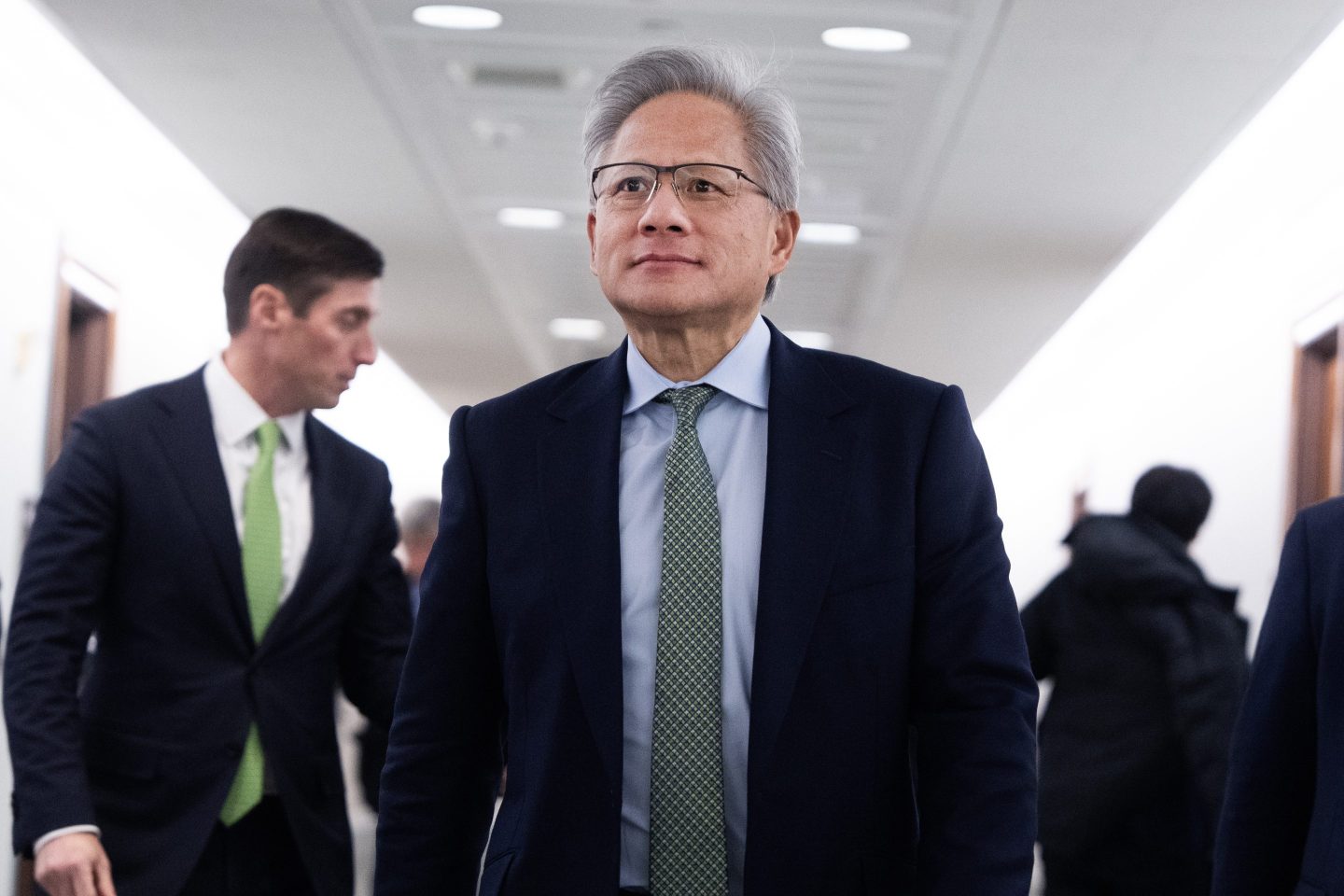If Saturday Night Live provides a window into the American psyche, the Chinese version of the late-night show announced this week might give Western viewers some tantalizing (and hilarious) insights into the modern Chinese mind.
Sohu.com, which runs the country’s third largest video streaming site, said it will produce a Chinese version of the show after licensing the format from SNL creator Lorne Michael’s production company. As part of a deal that took more than a year to sign, Sohu’s producers will travel to New York during a taping week to learn lighting direction, audio, and “figure out how we do it,” says Britta von Schoeler, president of Broadway Video Enterprises, which distributes the show. Sohu also gets the music and even script material from the U.S. show if it wants it. Production is expected to start by the end of this year. “Once they have that information, we let them adapt the format,” says von Schoeler. “They know the Chinese audience much better than we do.
SNL China faces plenty of challenges before the first show airs. China’s censors are notoriously prickly and over the past year China President Xi Jinping’s government has cracked down on Western content and thought. But the biggest challenge for SNL China may have been signing a deal in the first place.
Von Schoeler pitched Sohu on the idea of SNL China soon after the website bought the streaming rights for seven season of the U.S. show in 2013. She thought since an SNL offshoot was a hit in Korea, China held even more promise, even if censorship could be a problem.
China has been a tough market for SNL to crack for years. Fortune wrote last year that Broadway Video spent tens years mostly failing to distribute the show there until it got a call from Sohu in 2013, which wanted to stream the recent seasons for Chinese viewers. While far from being the hit it is in the U.S., SNL attracted reasonable interest for foreign parody in China: the latest SNL season has 10 million views on Sohu’s streaming site; last year’s season generated 36 million views.
Sohu initially wavered on the idea of producing its own SNL show with Chinese actors and jokes. For one, it didn’t know if the U.S. show would be a success when it started streaming seasons in early 2014. But after almost 50 million views later, the company got reassurances and enough confidence to sign von Schoeler’s offer for SNL China.
The show could become the latest in a string of foreign content that has rapidly gained popularity on China’s streaming sites including Sohu—foreign sitcoms such as Big Bang Theory, Sherlock, and House of Cards. Although censors have laid down tougher rules for Western shows, Chinese viewers are increasingly demanding it. Tencent signed a deal late last year with HBO to stream its catalogue including Game of Thrones; Hollywood studios now receive $100 million a year from China’s streaming sites in licensing deals.
Von Schoeler knew the appeal SNL had in foreign markets. SNL Korea started running on cable in 2011 and just finished up its fifth successful season, while Japan, Germany, and Spain have all run adapted versions with more mixed success. (Stateside observers scoffed at a Spanish version of the Blue Oyster Cult cowbell sketch that didn’t quite live up to the Christopher Walken original.)
Despite SNL’s hit status stateside, Sohu faces some big challenges in China, the first of which is avoiding the censors. In December, Chinese censors announced tougher rules for online content like Sohu’s. It is tough to know how SNL’s trademark political parody that targets sitting presidents, presidential hopefuls from Alaska, and all forms of authority will be adapted in China, where the ruling Chinese Communist Party remains off-limits to most popular humor.
Sohu knows it’s not buying a guaranteed hit in China. But SNL China offers the tech company some edginess and more of the Western fare that is popular with young people in China—the most prized advertising demographic. Sohu needs the help: its video site trails other sites backed by Tencent and Baidu in the booming Chinese online video streaming market that in the third quarter generated $760 million in advertisements revenues.
Von Schoeler says the show’s success in China is tough to predict—“I have no idea”—but she has a feeling it will work. Sohu has proved it can sell Western content. And Chinese audiences are moving away from predictable TV dramas about Japanese wartime atrocities toward more entertaining online content. “The question will be,” she says, “what will Sohu feel comfortable putting on their service and what will they be allowed.”
The environment in China is not completely different from that in the U.S. in 1975, when SNL debuted. Back then the show pushed the boundaries of acceptable television. Today in China audiences are hungry for the same type of risk-taking.






